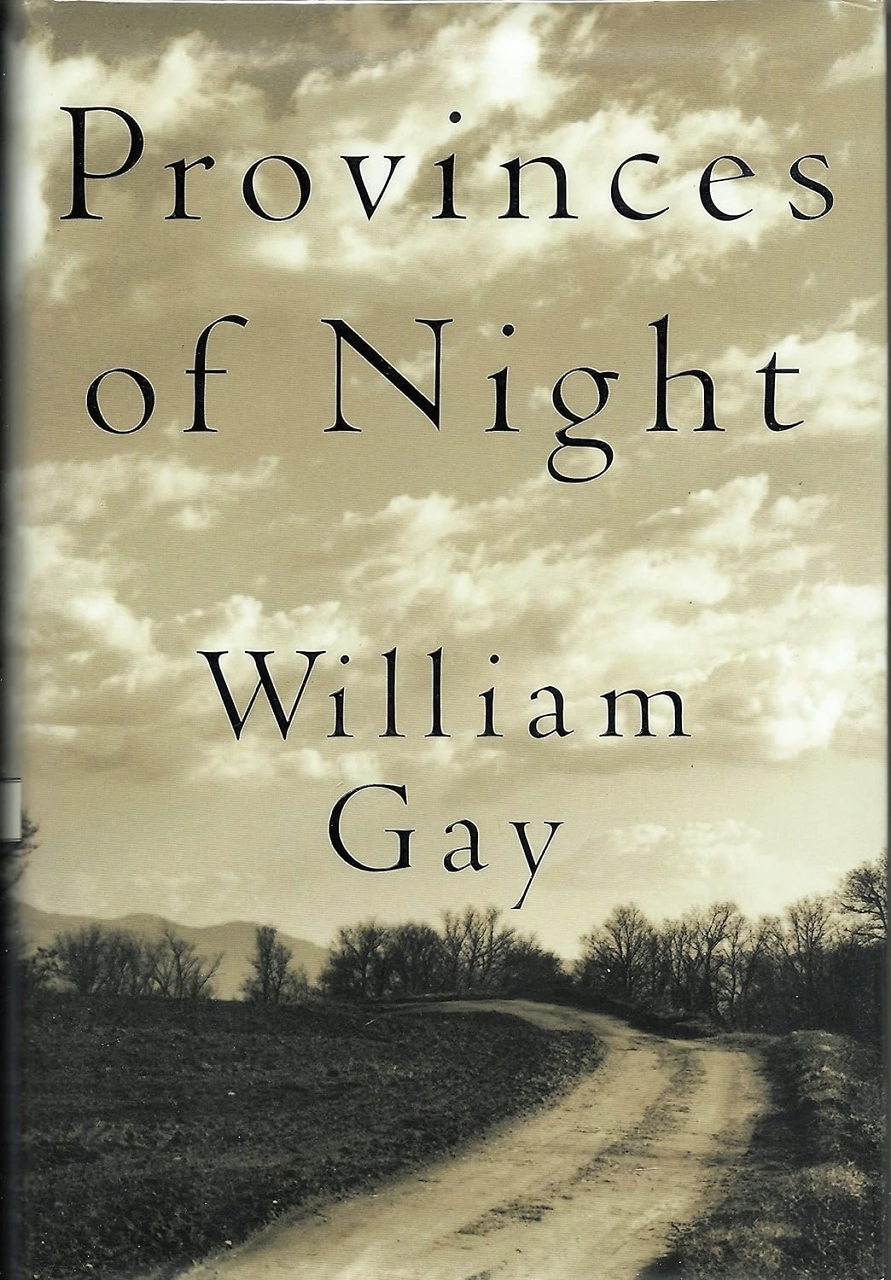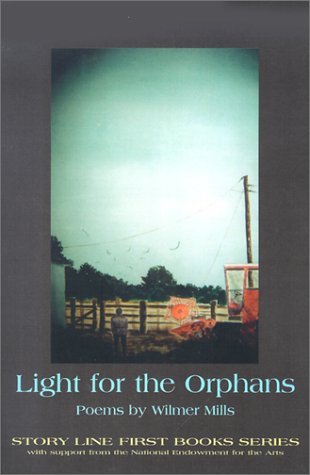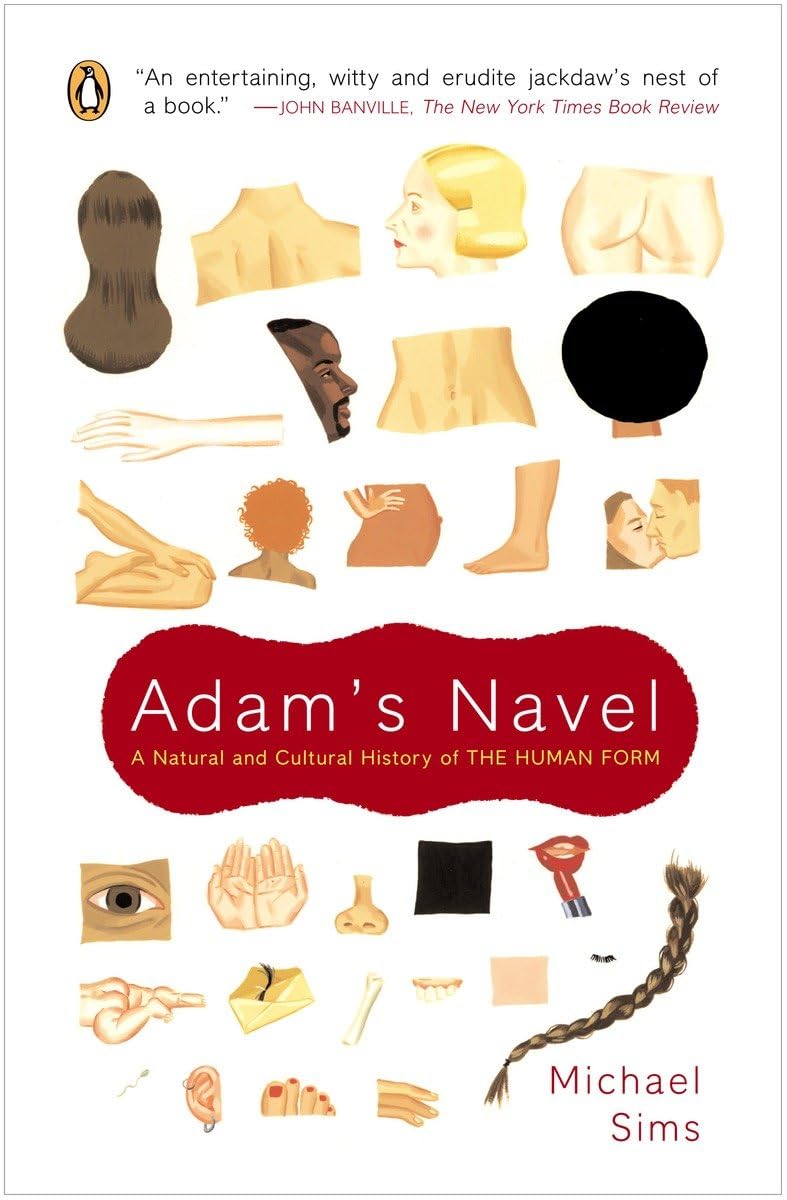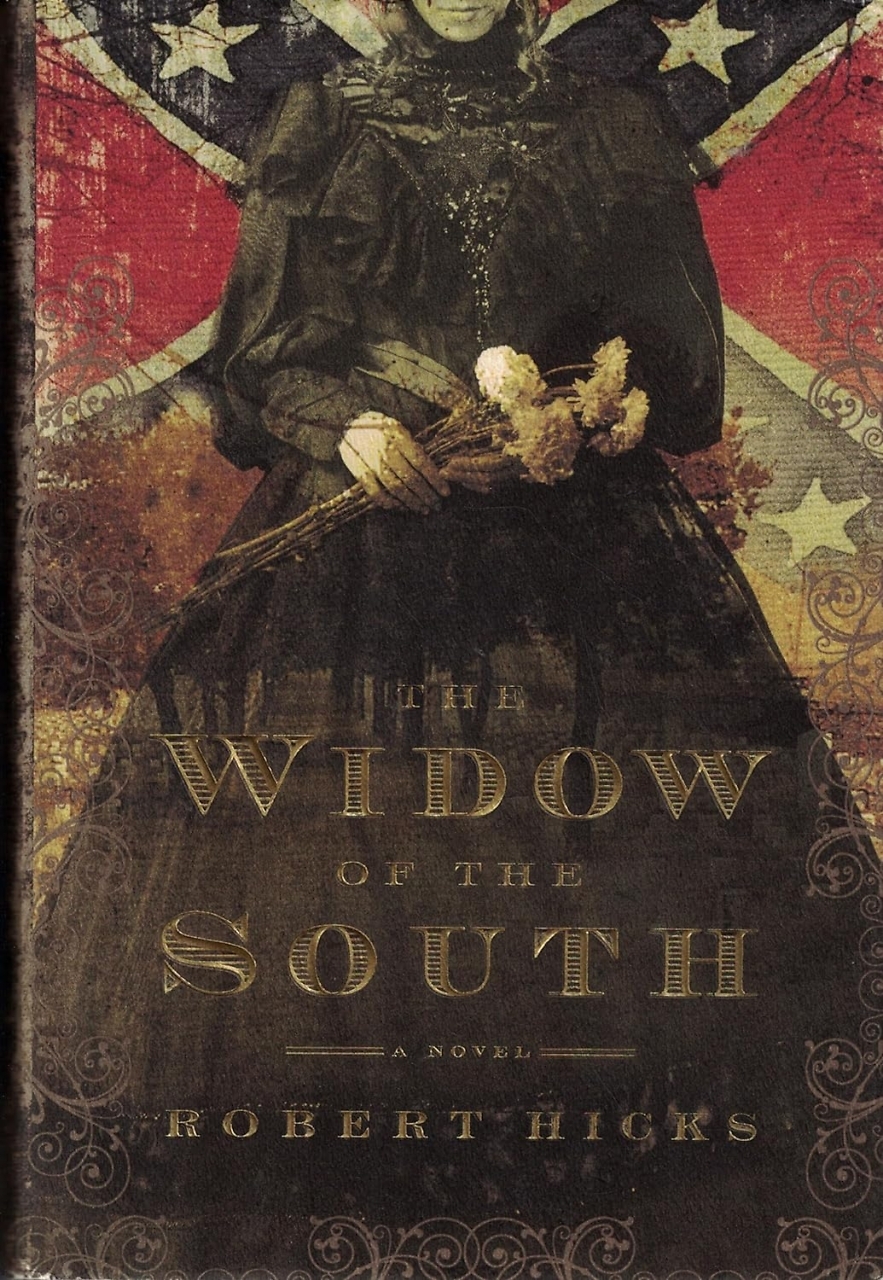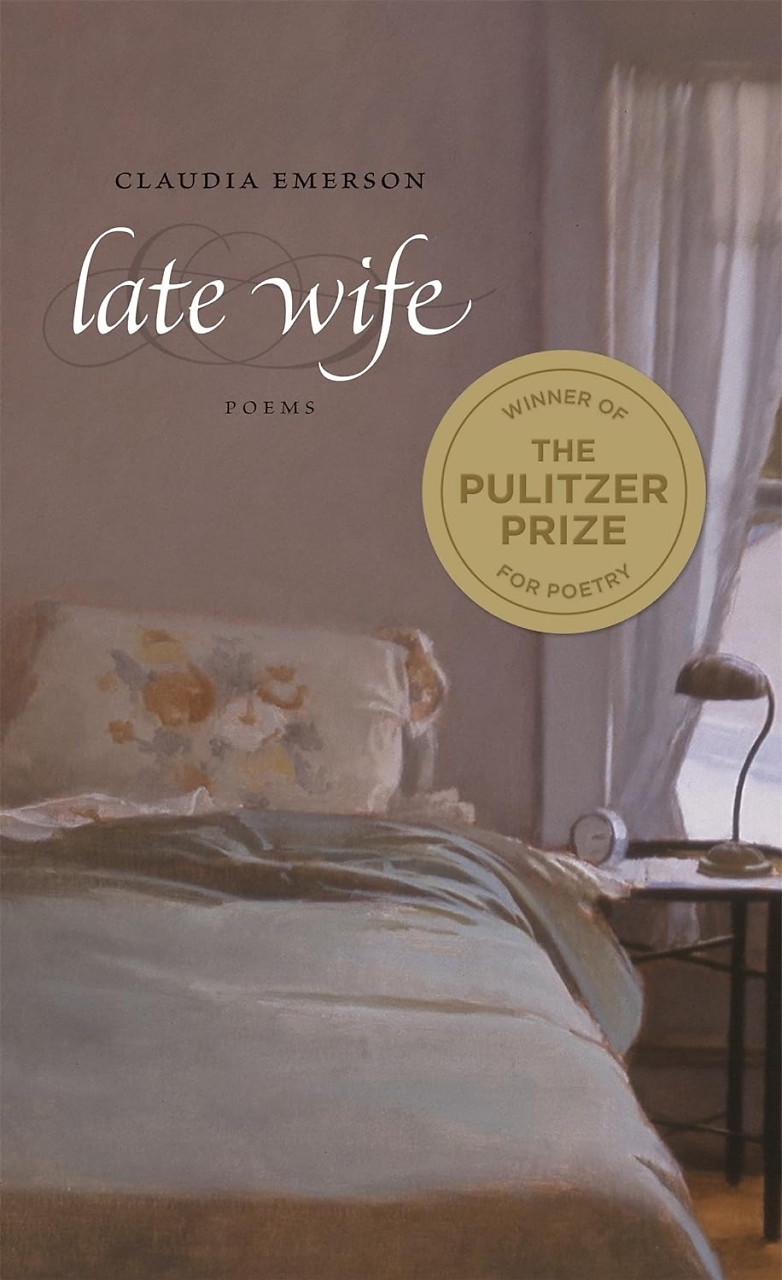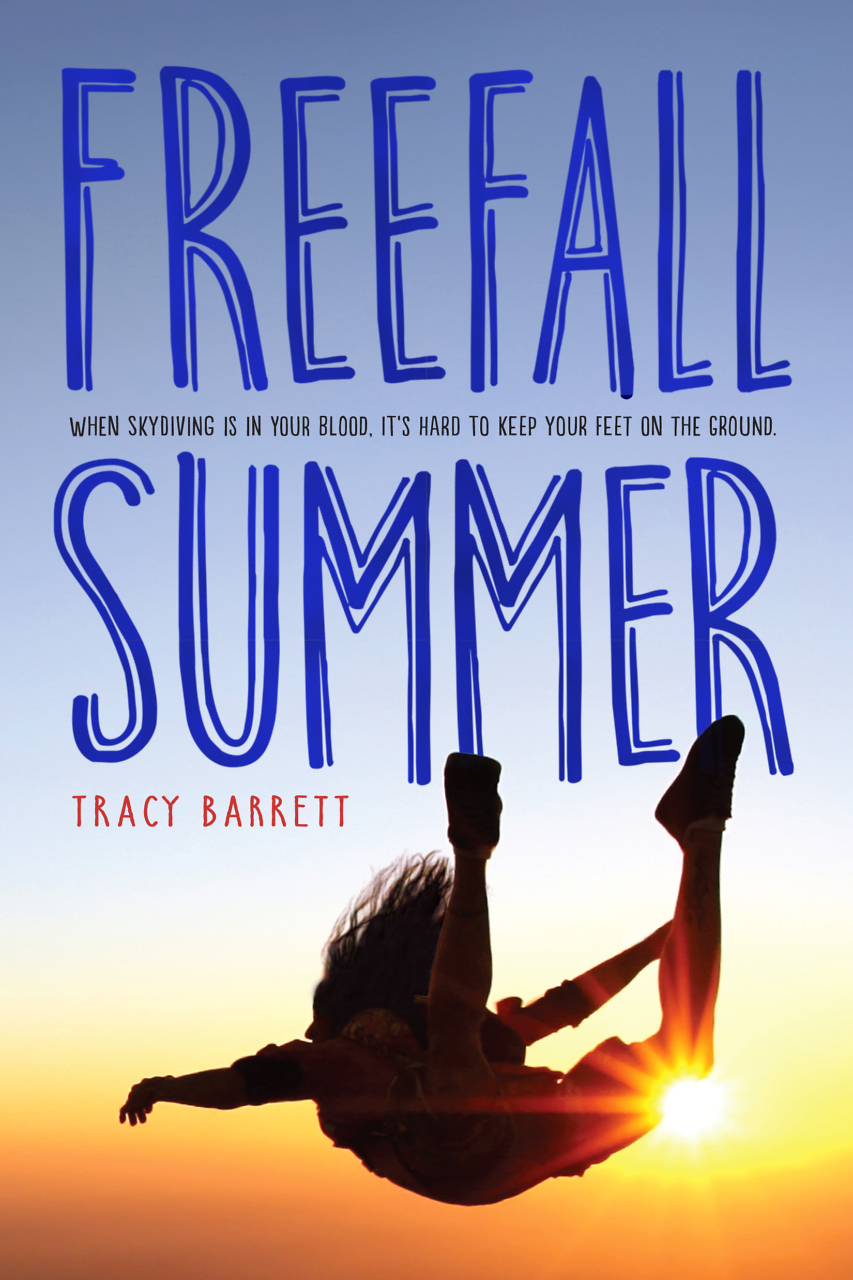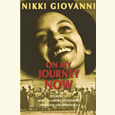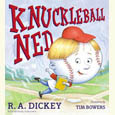The books in this installment of the 50 Books / HT50 series are a varied lot — two novels, one nonfiction book, and two poetry collections, including a Pulitzer Prize winner. All the authors have strong ties to the South, however, and two are Tennessee natives.
 Chapter 16 was launched in 2009, a few years after the particular titles below were published, but you’ll find coverage of all these authors on the site. We interviewed Claudia Emerson in 2010, and poet Jeff Hardin wrote a remembrance his friend Wilmer Mills after Mills’ death from cancer in 2011. Robert Hicks talked with Chapter 16 about his passion for historic preservation in 2011, and Michael Sims has contributed a number of essays. There’s abundant coverage of William Gay at Chapter 16, including a collection of tributes from other authors after his death in 2012, and a previously unpublished story by Gay appeared on the site in 2013.
Chapter 16 was launched in 2009, a few years after the particular titles below were published, but you’ll find coverage of all these authors on the site. We interviewed Claudia Emerson in 2010, and poet Jeff Hardin wrote a remembrance his friend Wilmer Mills after Mills’ death from cancer in 2011. Robert Hicks talked with Chapter 16 about his passion for historic preservation in 2011, and Michael Sims has contributed a number of essays. There’s abundant coverage of William Gay at Chapter 16, including a collection of tributes from other authors after his death in 2012, and a previously unpublished story by Gay appeared on the site in 2013.
Learn more about the 50 Books / HT50 project here, and go here to see all the project posts to date.
Provinces of Night by William Gay, a native of Hohenwald. The book, Gay’s second novel, was adapted for a film, Bloodworth, in 2010. (Doubleday, 2000)
Light for the Orphans, the first full-length collection by poet Wilmer Mills, who received B.A. and M.A. in theology from the University of the South and made his home in Sewanee until his death in 2011. (Story Line Press, 2002)
Adams Navel: A Natural and Cultural History of the Human Form, the second book by Crossville native and longtime Nashville resident Michael Sims. (Viking, 2003)
The Widow of the South, the debut novel by Robert Hicks, who made his home in Williamson County for more than 40 years and was a dedicated advocate for historic preservation there. (Warner Books, 2005)
Late Wife by Claudia Emerson, a Virginia native who was a member of the Chattanooga-based Fellowship of Southern Writers and frequently served on the faculty of the Sewanee Writers’ Conference. Late Wife won the Pulitzer Prize for Poetry in 2006. (LSU Press, 2005)
“In ‘Provinces of Night,’ Gay's second novel, we return to Ackerman's Field and follow the generations issuing from the ‘doomed reprobate patriarch’ E. F. Bloodworth, who stands at ‘a cold remove from his seed that had bloomed finally in poisonous and evil flowers,’ a lineage nearly as cursed as that of the House of Atreus. … After two books [Gay’s] mountain folk are still seeking, with lives of unquiet desperation, what is ever tantalizingly close and for a few heartbeats within their embrace, ‘a transient and fragile dominion over the provinces of night.’” ~Art Winslow in The New York Times, February 18, 2001
“Making sense by seeing clearly the life in front of him is the goal of ‘Light for the Orphans.’ The light of the title is cast both on the poet as an orphan of the farm (sections 2 and 3) and also on the many characters (sections 1 and 4) whose stories are told in short narrative poems. These characters are all orphans of modernity who, though isolated within and maimed by the contemporary postagrarian world, still struggle to maintain and to assert their human worth either through dignified suffering or heroic action or by some kind of artistic affirmation.” ~David Middleton in Modern Age, Winter/Spring 2013 (Vol. 55, Nos. 1-2)
“Like many of the body parts that come under his scrutiny in ‘Adam's Navel,’ [Sims] is a hangover from another age, yet well adapted to his own time. He has the breadth, if not the depth, of Montaigne or Robert Burton or Sir Thomas Browne, the whimsical omnivorousness of the 18th-century essayists, and he is as bigheartedly inclusive as Samuel Johnson, one of his particular heroes. The topics he considers range from the workings of the eye to Barbie's breasts, from the snake-hair of Medusa to ‘The Vagina Monologues,’ from wet nurses to the ash from volcanoes in the Serengeti Plain, in which were preserved the 3.6-million-year-old bipedal prints of some of our earliest-known ancestors, Australopithecus afarensis.” ~John Banville in The New York Times, July 7, 2003
“Hicks treats a long-overlooked episode of the war in this account of the Battle of Franklin, Tenn., which took place in November 1864 near Nashville. As a field hospital is pitched in her field, Carrie McGavock, an iron-spined farm woman and upstanding citizen of the town, takes it upon herself to tend after the Confederate wounded; later, she and her husband will rebury 1,500 of the fallen on their property. … An impressive addition to the library of historical fiction on the Civil War, worthy of a place alongside ‘The Killer Angels,’ ‘Rifles for Watie’ and ‘Shiloh.’” ~Kirkus Reviews, June 1, 2005
“In her third collection of poetry, ‘Late Wife,’ Claudia Emerson effectively blends the elements of elevated descriptive language and evocative rendering of the past from memory evident in her previous two books. … Now, she brings her acute and estimable poetic talents to the task of meditating upon the importance of one’s past and our ingrained, imagined, or invented memories of the objects, events, and individuals involved in influencing the present, assisting in shaping the person one has become.” ~Edward Byrne in Valparaiso Poetry Review, Fall/Winter 2006-2007 (Volume VIII, Number 1)

Humanities Tennessee is the state affiliate of the National Endowment for the Humanities (NEH). Founded in 1973, we continue to develop ways to connect, learn, and grow as a community.
 Chapter 16 was launched in 2009, a few years after the particular titles below were published, but you’ll find coverage of all these authors on the site. We interviewed Claudia Emerson in 2010, and poet Jeff Hardin wrote a remembrance his friend Wilmer Mills after Mills’ death from cancer in 2011. Robert Hicks talked with Chapter 16 about his passion for historic preservation in 2011, and Michael Sims has contributed a number of essays. There’s abundant coverage of William Gay at Chapter 16, including a collection of tributes from other authors after his death in 2012, and a previously unpublished story by Gay appeared on the site in 2013.
Chapter 16 was launched in 2009, a few years after the particular titles below were published, but you’ll find coverage of all these authors on the site. We interviewed Claudia Emerson in 2010, and poet Jeff Hardin wrote a remembrance his friend Wilmer Mills after Mills’ death from cancer in 2011. Robert Hicks talked with Chapter 16 about his passion for historic preservation in 2011, and Michael Sims has contributed a number of essays. There’s abundant coverage of William Gay at Chapter 16, including a collection of tributes from other authors after his death in 2012, and a previously unpublished story by Gay appeared on the site in 2013.
